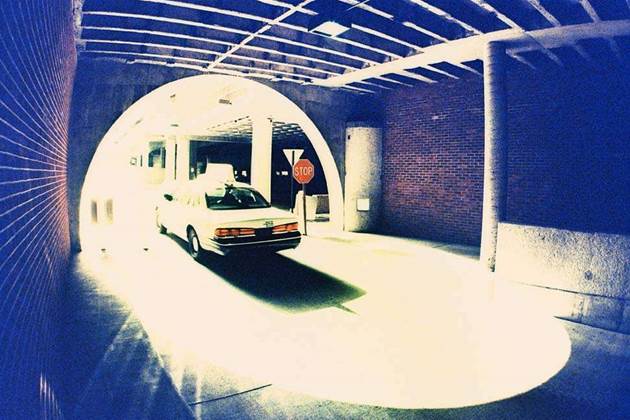
According to SCAMwatch the scammers attach urgency to the advertisements aiming to rush the potential buyer into paying for the vehicle without actually seeing it.
Furthermore, the scams look genuine but usually offer the vehicle at much lower than expected prices generally around $10,000 or less.
Also, the scammer sometimes replicates genuine advertisements and manipulates the price and contact details so even a legal vehicle check may show that the car actually exists.
SCAMwatch advised car buyers to make sure they do their homework and know how to look out for scams.
Further precautions include: “Don't rush into deals that seem too good to be true; Be wary of purchasing a vehicle that you are unable to see; Take time to verify the vehicle’s details and location; Avoid trading with people who want to make a sale outside of the auction process; Avoid dealing with anyone who asks for payment via wire transfer, Never send your personal, credit card or online account details through an email.”


_(33).jpg&h=140&w=231&c=1&s=0)

.png&h=140&w=231&c=1&s=0)
_(20).jpg&h=140&w=231&c=1&s=0)





 iTnews Executive Retreat - Security Leaders Edition
iTnews Executive Retreat - Security Leaders Edition
 iTnews Cloud Covered Breakfast Summit
iTnews Cloud Covered Breakfast Summit
 Melbourne Cloud & Datacenter Convention 2026
Melbourne Cloud & Datacenter Convention 2026
 The 2026 iAwards
The 2026 iAwards












_(1).jpg&h=140&w=231&c=1&s=0)



